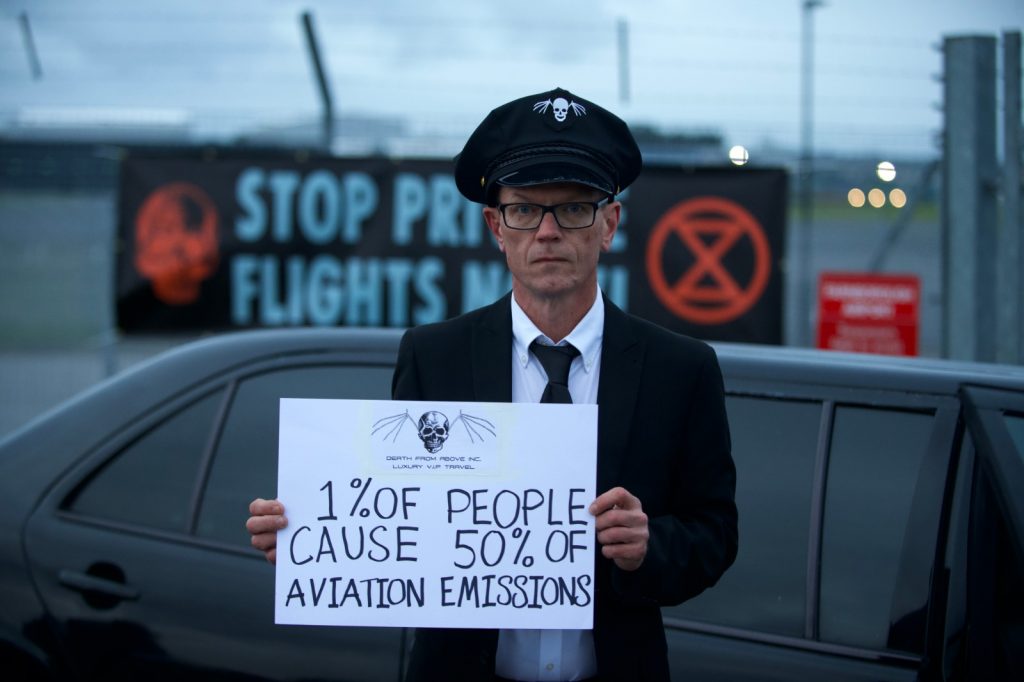
To see Part 1 of the “Dec. 2021/Jan. 2022 Update,” go here.
Throughout the world, and particularly in the West, “many academics today think of flying—even of the intercontinental variety—as an essential aspect of their work life,” Indeed, over the last several decades, “the idea that flying is necessary if one is to have an academic career has become ever more entrenched and appears now an almost inseparable part of what it means to be an academic.”
These are the words of Kristian Bjørkdahl and Adrian Santiago Franco Duharte, two University of Oslo scholars and the editors of a new, open access book, Academic Flying and the Means of Communication. (Available online, you can access a PDF of the book by clicking on the image of the book cover below.) The edited volume is composed of thirteen chapters written by an interdisciplinary group of scholars from Australia, various countries in Europe, New Zealand, and the United States.
A basic question animates the book: “Can the academic-as-globetrotter image be made to seem a thing of the past?” It starts “from the notion that the urgency of the climate crisis presents academics with a call to confront their flying habits, and that this confrontation must include an attempt to identify pathways towards a more sustainable academic enterprise.”
The book has three main goals, which it addresses through a set of empirically and theoretically rich essays: 1) to document how much academics fly and to consider the myriad consequences of that flying; 2) to explore the various reasons why academics fly as much as they do; and 3) to think about how and with what we can replace flying, how we can communicate and collaborate in ways that don’t involve aviation.
***

We know that air travel must be reduced. A question thus arises: Who will be affected by reduction policies? With a focus on the United Kingdom, this is the matter that concerns Milena Büchs and Giulio Mattioli in their new article (“Trends in air travel inequality in the UK: From the few to the many?” Travel Behaviour and Society 25, 2021: 92-101). While it is well established that participation in flying is highly unequal, the question is, how has it changed over time—as air travel has grown? Through two representative surveys, the authors examine UK flying tends from 2001 to 2018. They find that “less privileged groups (low income, low education, non-white) have contributed more to the increase in air travel” in relative terms than “well-situated” groups. “In absolute terms, however, well-situated groups have contributed a much larger volume to the expansion of air travel.” Overall, the authors find that air travel “remains extremely unequally distributed” in the United Kingdom, with 20 percent of passengers responsible for 75-76 percent of all flights. As such, “policies that target air travel emissions are defendable from a fairness point of view as they will mainly burden well-situated groups in society.”
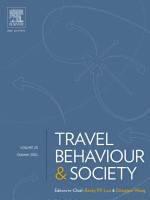
As manifested by the summaries we do in these FlyingLess updates, the literature on academic flying is increasing rapidly. This is unfolding at a time when calls for, and a related literature on, decolonization of the academy are also growing. Nonetheless, according to authors Joseph Nevins, Stephen Allen, and Matt Watson (“A path to decolonization? Reducing air travel and resource consumption in higher education.” Travel Behaviour and Society 26, 2022: 231-239), the two groups of scholars have failed to engage one another, despite having overlapping concerns. The authors thus put them in conversation to advance “a common project to challenge disparities between peoples and places, as well as interspecies ones, as they relate to aeromobility, consumption, and political ecology.” The three authors argue that aviation-related consumption relates to and helps to reproduce enduring inequities born of imperialism. As such, they contend that flying less efforts contribute to “both the decolonization of higher education and of the larger world.” Similarly, they insist that the project of academic decolonization would benefit by centering matters of nature and environmental consumption.
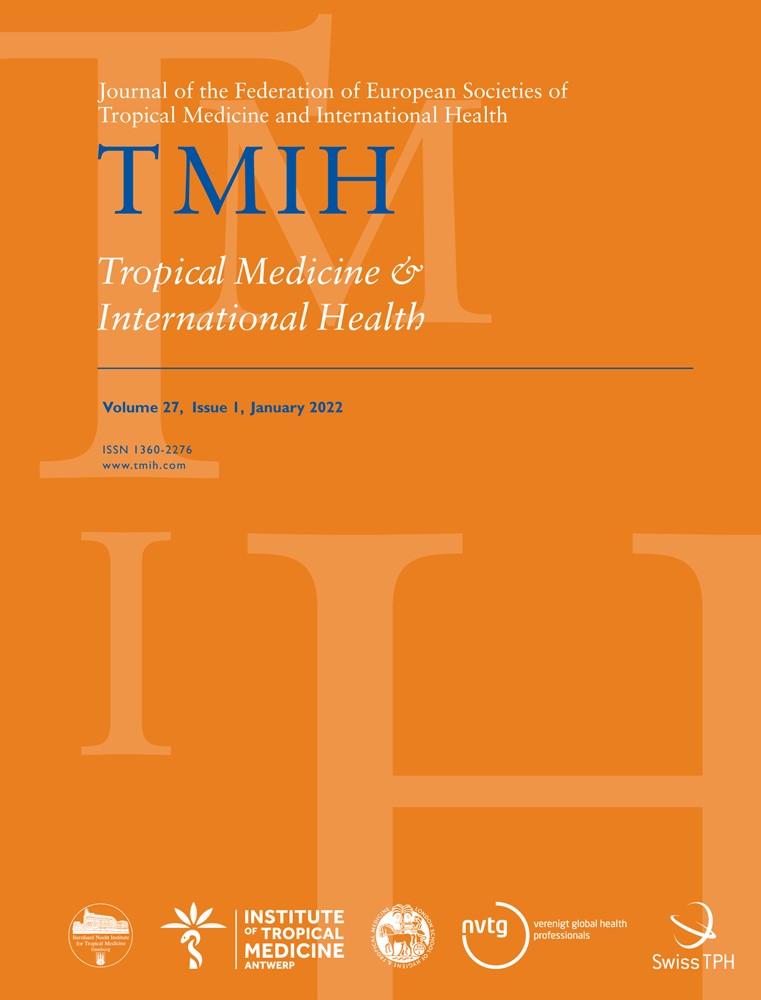
A team of four global health scholars want to see their professional community reduce its greenhouse gas emissions. To help figure out how to do so, they look at “how ten European global health research institutions in the ‘TropEd’ network for education in international health are transitioning to environmentally sustainable operations and reducing their carbon footprint. By way of analysis of annual reports and information of the institutions and interviews with key players within them, the authors determine that only 4/10 institutions have a sustainability strategy and implementation plan, and only 3/10 have specific decarbonization goals. The authors urge institutions to enhance their sustainability: e.g., to be inclusive (by involving staff, researchers and students, for example) in implementing plans; to set clear goals consistent with the latest climate science, to take account of the full range of greenhouse gas emissions related to their activities (including investments); and to center matters of climate justice. They also advocate individual and collective behavioral changes. These include “using active transport or public transport to get to work, choosing to connect to meetings online rather than flying and choosing plant-based food and beverages. (See Kate Whitfield, Alexandru Cretu, Teun Bousema, and Justin Cohen. “Environmentally sustainable practices in global health research and higher education institutions: lessons from consultation with the TropEd Global Health institutions.” Tropical Medicine & International Health, 2021).
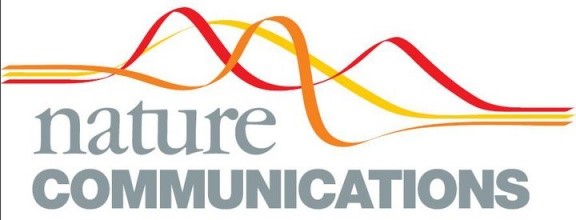
The global events industry—of which academic conferences are typically part—has expanded rapidly. It is also enormous: in 2017, report four authors (Yanqiu Yao, Debbie Steckel, Jiří Jaromír Klemeš, and Fengqi You, “Trend towards virtual and hybrid conferences may be an effective climate change mitigation strategy.” Nature Communications 12, no. 1, 2021: 1-14.), business events involved more than 1.5 billion participants across over 180 countries. Not surprisingly, the CO2 emissions associated with the industry are enormous: responsible for more than 10% of the world’s total (and roughly equivalent to U.S. emissions). As such, it is imperative that event organizers shift to less-carbon-intensive meeting formats. To help facilitate this, the authors “quantify the life cycle environmental impacts of in-person, virtual, and hybrid conferences … to understand the trade-offs between in-person interactions and the carbon footprint of conferences.” They find that that switching from in-person conferences to fully virtual ones would reduce the carbon footprint by 94% and total energy consumption by 90%. As for using multiple hubs —so that a large of participants still have the benefits of in-person gatherings—assuming optimal siting and about 50% of participants virtual, they have the potential to cut total emission by two-thirds. Switching to plant-based foods (especially of an ovo-vegetarian variety) and improvements in energy efficiencies of information and communication technologies will cut emissions even further.
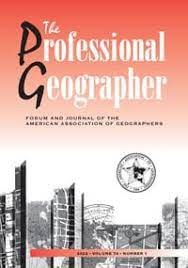
Given the tensions between universities’ need to foster international networks and expand research and teaching on their moral obligations to decarbonize, a pair of geographers consider how academic departments can navigate this conundrum. To do so, Joe Williams and Whitney Love (“Low-Carbon Research and Teaching in Geography: Pathways and Perspectives.” The Professional Geographer, Vol. 74, No. 1, 2022: 41-51) examine Durham University’s Department of Geography (United Kingdom). A department with more than 850 students, air travel associated with research and teaching is by far its single largest source of greenhouse gas emissions. Through a survey of students, the authors, suggesting various strategies, find a high level of support for decarbonization related to travel and thus considerable potential for significant emissions reductions with little impact on quality of research and teaching. The authors emphasize that responsibility for decarbonization of higher education does not lie with individuals. Instead, it requires “systemic material and cultural change toward a decarbonization agenda—a shift that geography departments can and should lead.”
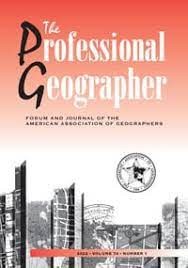
The same issue of The Professional Geographer has a “focus section” centered around Kevin Anderson’s plenary lecture at the Annual Meeting of the Association of American Geographers (AAG) in 2020. The focus section is divided into two parts.
Part 1 begins with an introduction and an abridged text of Kevin Anderson’s lecture. Eleven brief essays commenting on the lecture by a diverse set of geographers follow.
Kafui Attoh pushes Anderson to consider matters of capitalism and the power of labor in the fight against climate change. Next, Daniel Bedford explores how climate leadership can emerge in unexpected places such as non-elite universities. Magdalena García then offers a view from Chile, arguing for a democratization of knowledge production as a way to challenge climate injustices. In what follows, Matthew Huber criticizes an overemphasis on individual emissions and argues for a focus on building social power to take on industrial capital. In the fifth essay, Sarah Hunt / Tłaliłila’ogwa calls for a confrontation with colonial norms within academia and a centering of Indigenous knowledges and peoples in climate discussions.
Glen MacDonald, in the sixth essay, considers the importance of travel to academic geography, how colonialism and imperialism have shaped the profession, and the resulting climate debt. Beverly Mullings follows by contending that the climate fight requires an ontological shift, one that entails making links between capitalism, coloniality and the devaluation of nature and racialized others. In the eighth piece, Elizabeth Olson calls for an intersectional approach as we work to bring about a less consumptive academy, an undertaking that must begin with those who benefit most from the status quo. Next, Richard Wright argues that the social changes required by climate change are possible—as shown by the pandemic and protests around police brutality and anti-Black racism—and advocates framing climate change as a matter of inequality. The tenth response, by Emily Yeh, makes a case for collective action in the effort to transform the AAG and to identify and bring about inexpensive and low-emitting ways to network and share research. The final essay, by Wendy Jepson, Patricia Martin, and Joseph Nevins, argues that individual and collective change are necessarily linked and asserts that what academics do on the climate change front is important for broader societal change.
Part 2 has three components, the first of which concerns academic knowledge production.
The opening article, by Jayme Walenta and Aylin Castro, measures the travel-related CO2 emissions for the AAG meeting in 2019, an imagined meeting in Chicago, and a would-be meeting composed of hubs in the United States and beyond. The authors also consider the limitations of an analysis focused on carbon emissions and push readers “to imagine solutions that more deeply challenge academia’s structural divides.”
The second article argues for a centering of racial justice in the project of imagining knowledge production and sharing beyond the fossil-fuel-heavy conference model. Tianna Bruno and Cristina Faiver-Serna call on geographers to detoxify spaces and places of geography, while contending that such actions will improve academic inquiry into the climate crisis.
Anthropologist Hannah Knox follows by reflecting on her own decision to stop flying. In so doing, she asserts the need to not only attend to cutting the footprint of academic conferencing, but also grapple with what it means for academic identities, experiences, and commitments.
Finally, Patricia Martin maintains that addressing the high emissions of AAG Annual Meeting is not simply a technical matter, but one that reflects the neoliberal internationalization of the academy. It thus requires challenging fossil-fueled hypermobility market imperatives and advancing geography as a public, non-commodified good.
The second component of Part 2 considers the question of whether the AAG should use carbon offsets to aid in the transition to a low-emitting future.
In the first response, Kathleen McAfee asserts that while, at best, offsets potentially result in no change in total emissions, theory and practice demonstrate that they do not work and actually make matters worse. As such, McAfee rejects offsets and advocates for focusing efforts on far-reaching cuts in emissions and matters of environmental justice.
The term carbon offsets, Lauren Gifford explains in the second response, covers a wide range of practices, some of which do not fit the definition of offset. These not-strictly-offsets (e.g, carbon removal and drawdown activities), she suggests, offer potential paths for the AAG to pursue, and for scholars to research, in an effort to achieve carbon neutrality.
The third and final component of Part 2 is a co-authored essay by Ashley Fent, Christine Gibb, Sachiko Ishihara, Joseph Holler, and William Moseley. The team considers ethical dilemmas for geographers who conduct international field research. They advocate engagement with. slow geographies and slow scholarship literature and relational understandings of the field. They also call for efforts to transform academic institutions so that they allow for collective decision making around carbon budgets, travel, and shared responsibility Together, these endeavors could help to reduce travel emissions while still allowing for robust international engagement.

